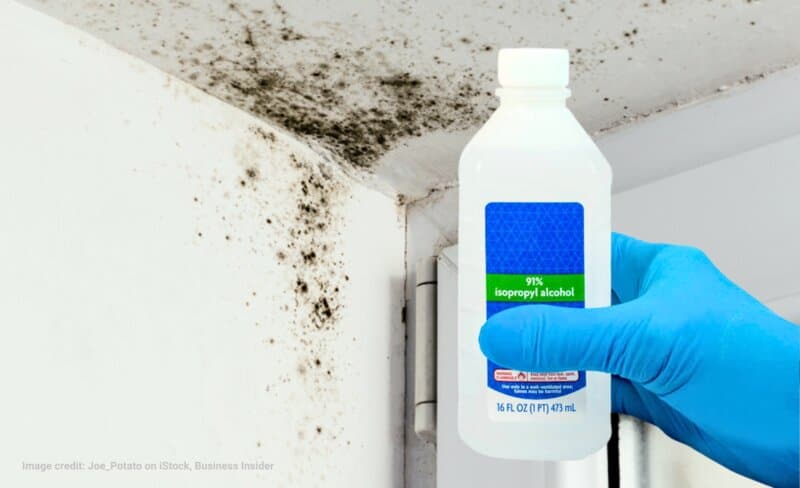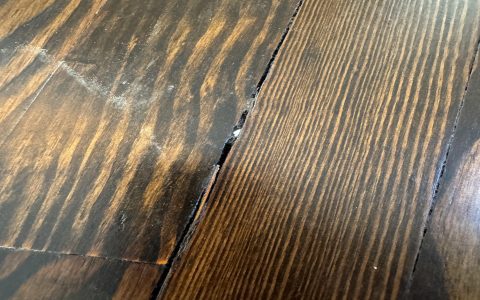Yes, isopropyl alcohol (rubbing alcohol) can kill mold. It is a disinfectant that works by denaturing the proteins within mold cells, thereby destroying them.
Effectiveness and Limitations
How it Works: Isopropyl alcohol is effective against a wide range of fungi, including common household molds. A solution of 60% to 90% alcohol is typically recommended, with 70% often cited as optimal for disinfection because it contains enough water to help penetrate cell walls before the alcohol evaporates too quickly.
Surface Types:

- Non-Porous Surfaces: Isopropyl alcohol is most effective on hard, non-porous surfaces like glass, metal, and some plastics, where it can directly contact and kill the mold.
- Porous Surfaces: Its efficacy is limited on porous materials such as wood, drywall, or fabric. Mold can grow deep into these materials, and the alcohol may evaporate before it can penetrate sufficiently to kill all the mold, including its roots (hyphae).
Considerations:
- Mold Spores: While it can kill active mold growth, it may be less effective against resilient mold spores, which can become airborne and cause new growth if conditions remain favorable.
- Stain Removal: Isopropyl alcohol kills mold but does not typically remove the stains or discoloration left behind.
- Root Cause: It does not address the underlying moisture problem that allowed mold to grow. Without fixing the moisture source, mold will likely return.
- Safety: Isopropyl alcohol is flammable and its fumes can be strong. Always ensure good ventilation, wear protective gloves, and avoid use near open flames or sparks. It can also damage some surfaces or finishes, so testing on a small, inconspicuous area first is advisable.
Application
To use isopropyl alcohol for mold:
- Apply the alcohol solution directly to the moldy surface, typically using a spray bottle or a cloth.
- Allow it to sit for at least 10-15 minutes to effectively work.
- Scrub the area if necessary and then wipe it clean. For porous materials, physical removal of the moldy material may be more effective.
While isopropyl alcohol can be a useful tool for small, localized mold issues on appropriate surfaces, for extensive infestations or mold on porous materials, addressing the moisture source and considering professional mold remediation is crucial.







